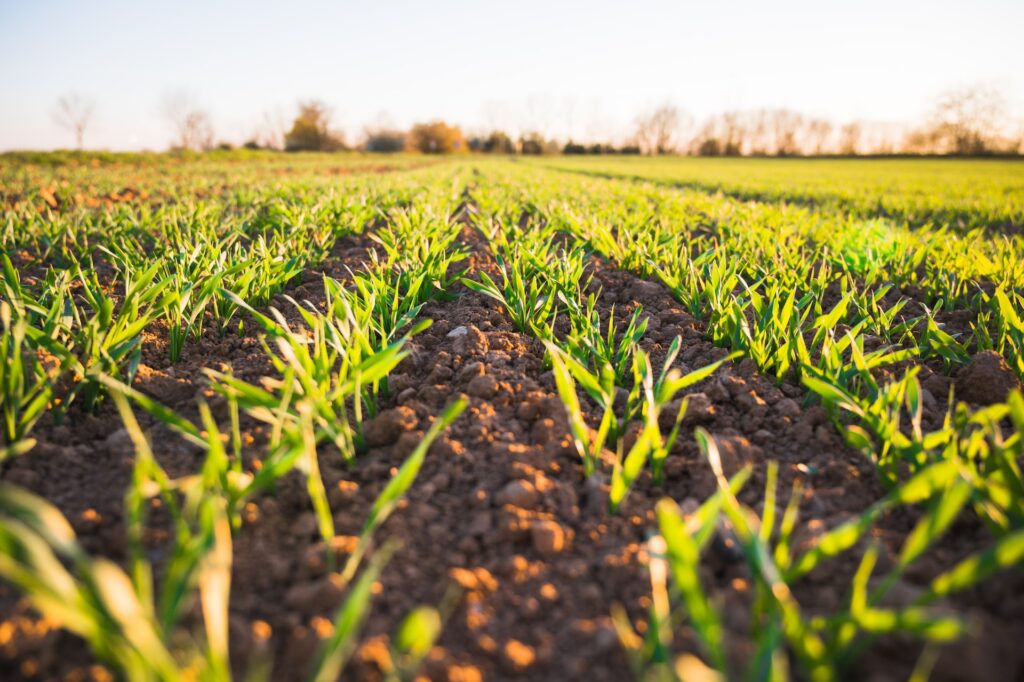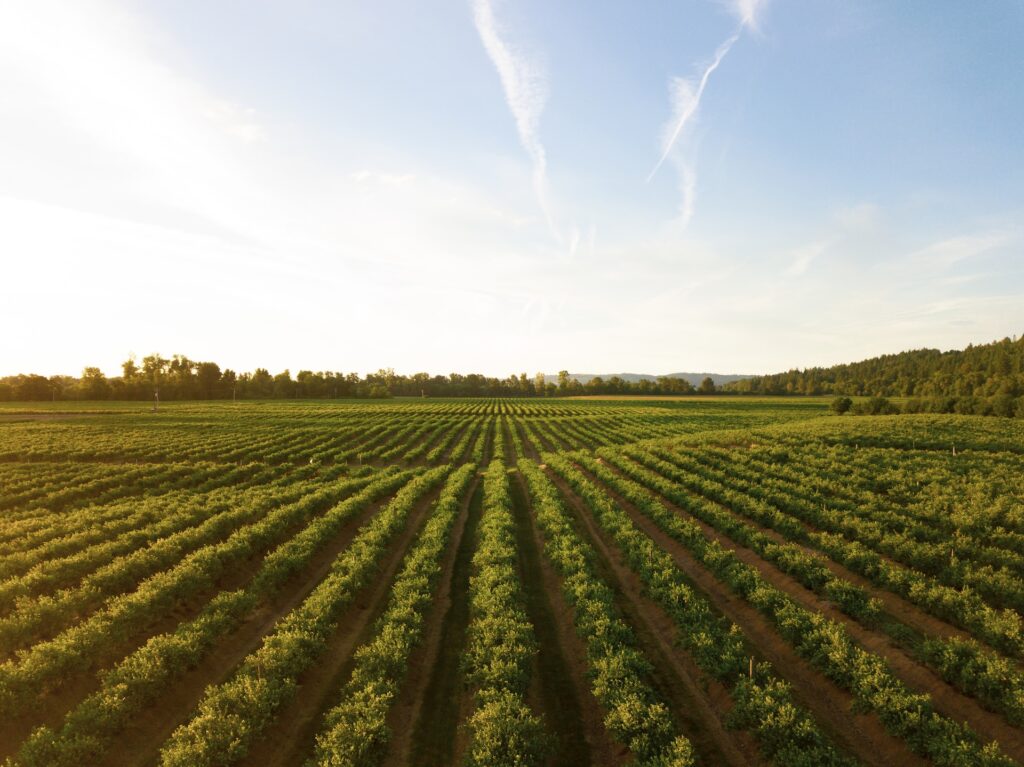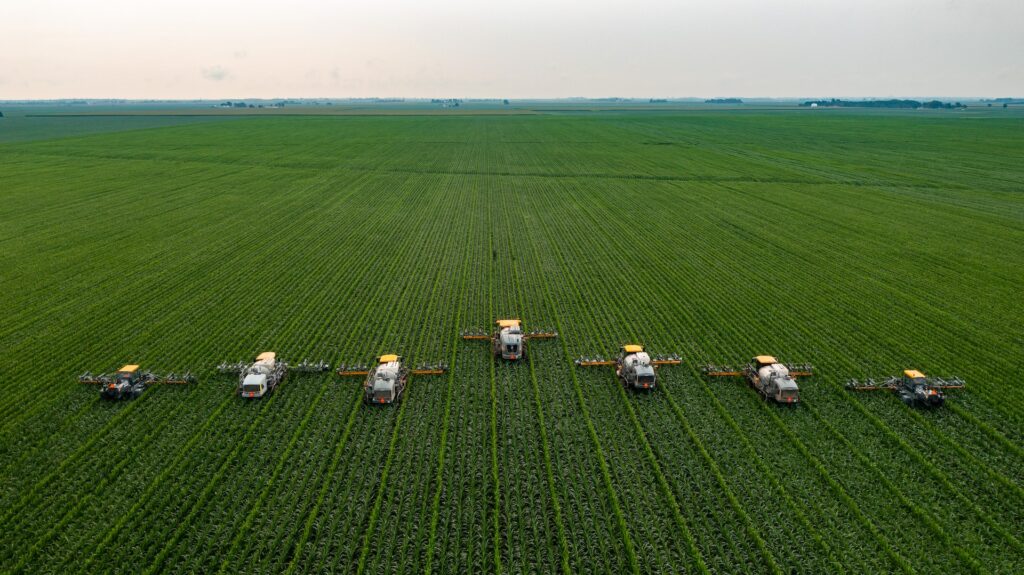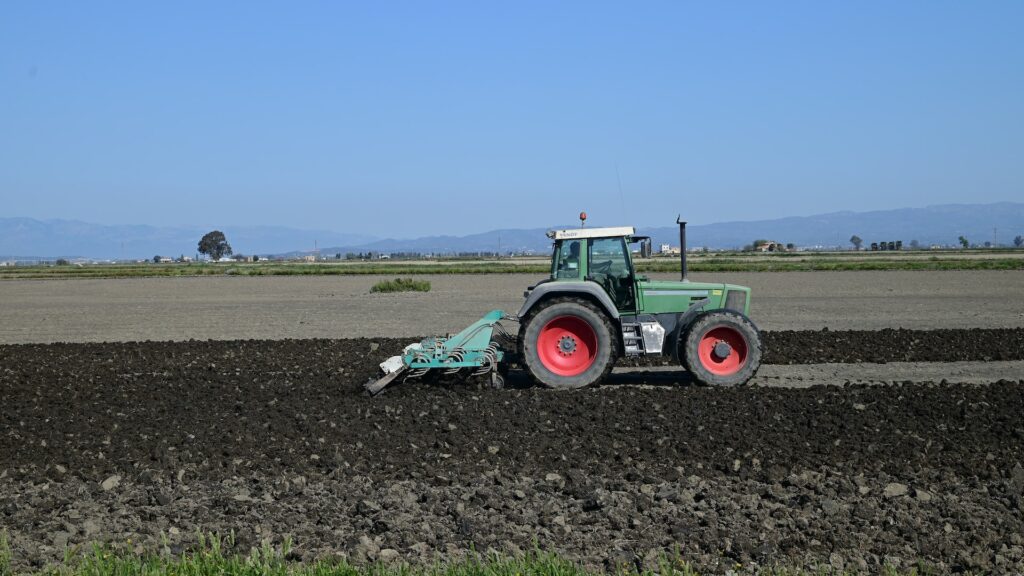Sowing Success: Exploring Agriculture Careers in the Heart of Kissimmee, Florida

Kissimmee, Florida, a city known for its lush landscapes and favorable climate, serves not only as a popular tourist destination but also as a fertile ground for individuals looking to cultivate careers in agriculture. From traditional farming practices to embracing cutting-edge technologies, Kissimmee offers a diverse array of opportunities for those who harbor a passion for tilling the soil. In this comprehensive guide, with the added assurance of Kissimmee Pest Control ensuring a pest-free agricultural environment, we’ll delve into the dynamic world of agriculture careers in Kissimmee, exploring various pathways individuals can take to contribute to this vital and rewarding industry. Kissimmee Pest Control play a crucial role, not only ensuring the health and wellbeing of local crops but also contributing to the community.
Traditional Farming Careers:
Kissimmee’s rich soil and favorable climate make it an ideal location for individuals interested in pursuing traditional farming careers. From cultivating crops to tending to livestock, individuals can find fulfillment in roles such as farmers, ranchers, or orchard managers. The region’s agricultural diversity allows for the cultivation of a wide range of crops, including citrus fruits, vegetables, and ornamental plants, providing ample opportunities for those seeking hands-on experience in farming.
Horticulture and Floriculture Careers:
The vibrant and diverse flora of Kissimmee make it a haven for individuals interested in careers related to horticulture and floriculture. Professionals in this field can find employment in nurseries, botanical gardens, or landscaping companies. From designing and maintaining gardens to propagating and cultivating ornamental plants, careers in horticulture and floriculture contribute to enhancing the visual appeal of Kissimmee’s residential and commercial spaces.
Agricultural Education and Research:
As agriculture continues to evolve, the need for professionals with expertise in research and education becomes increasingly crucial. Kissimmee provides ample opportunities for individuals interested in agricultural education and research to work in extension services, research institutions, or educational facilities. This career path allows individuals to not only stay abreast of the latest advancements in agriculture but also share their knowledge with the community, contributing to the industry’s growth and sustainability.
Agricultural Technology and Innovation:
In the digital age, agriculture has embraced technology to enhance efficiency and sustainability. Kissimmee offers careers in agricultural technology, where individuals can work with precision farming tools, drone technology, and data analytics to optimize crop yields and resource utilization. Careers in agricultural innovation involve exploring sustainable farming practices, implementing precision agriculture techniques, and developing new technologies to address challenges faced by the agricultural industry.
Agribusiness and Management:
For those with a keen interest in the business side of agriculture, Kissimmee provides opportunities in agribusiness and management. Careers in this sector involve overseeing farm operations, managing supply chains, and navigating the intricate landscape of agricultural regulations. Individuals can find roles in agricultural cooperatives, agribusiness firms, or work independently as agricultural consultants, helping farmers optimize their operations for success.
As Kissimmee continues to thrive as a hub for agriculture, individuals passionate about cultivating the land have a plethora of career options to explore. Whether you’re drawn to the traditions of farming, the beauty of horticulture, the advancements in agricultural technology, the pursuit of education and research, or the strategic world of agribusiness, Kissimmee provides a fertile ground for individuals to sow the seeds of success in the dynamic field of agriculture.




